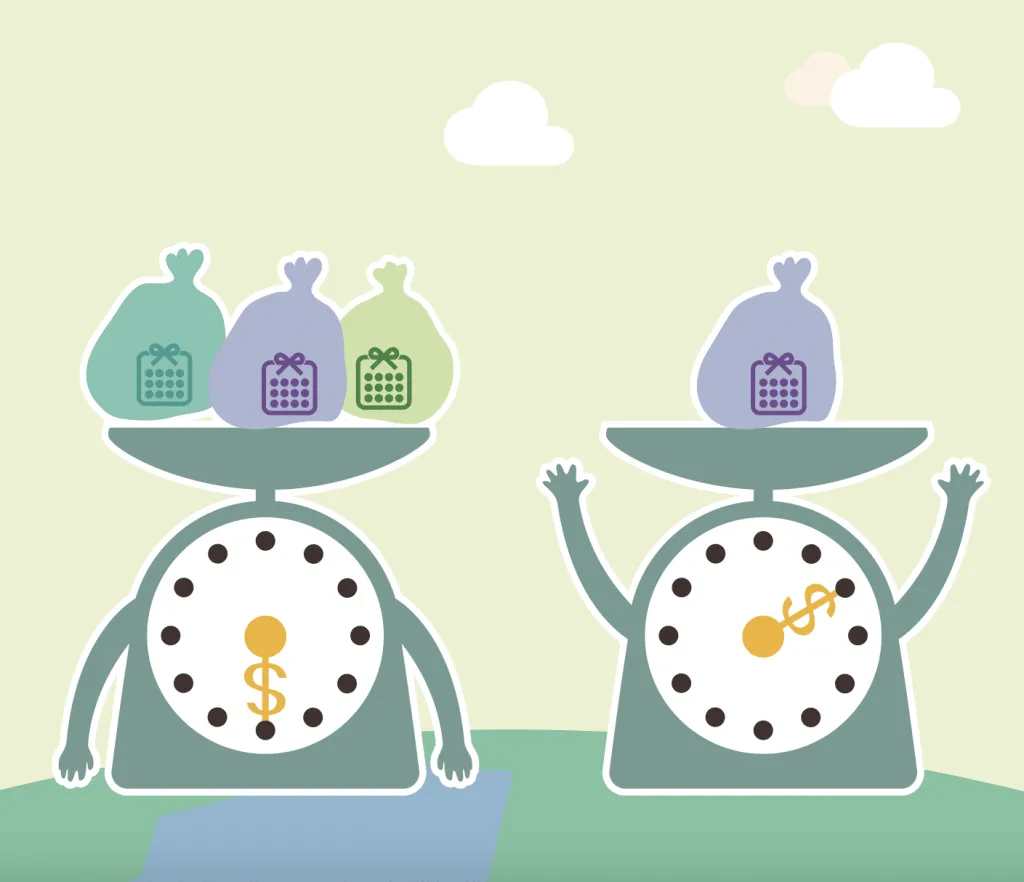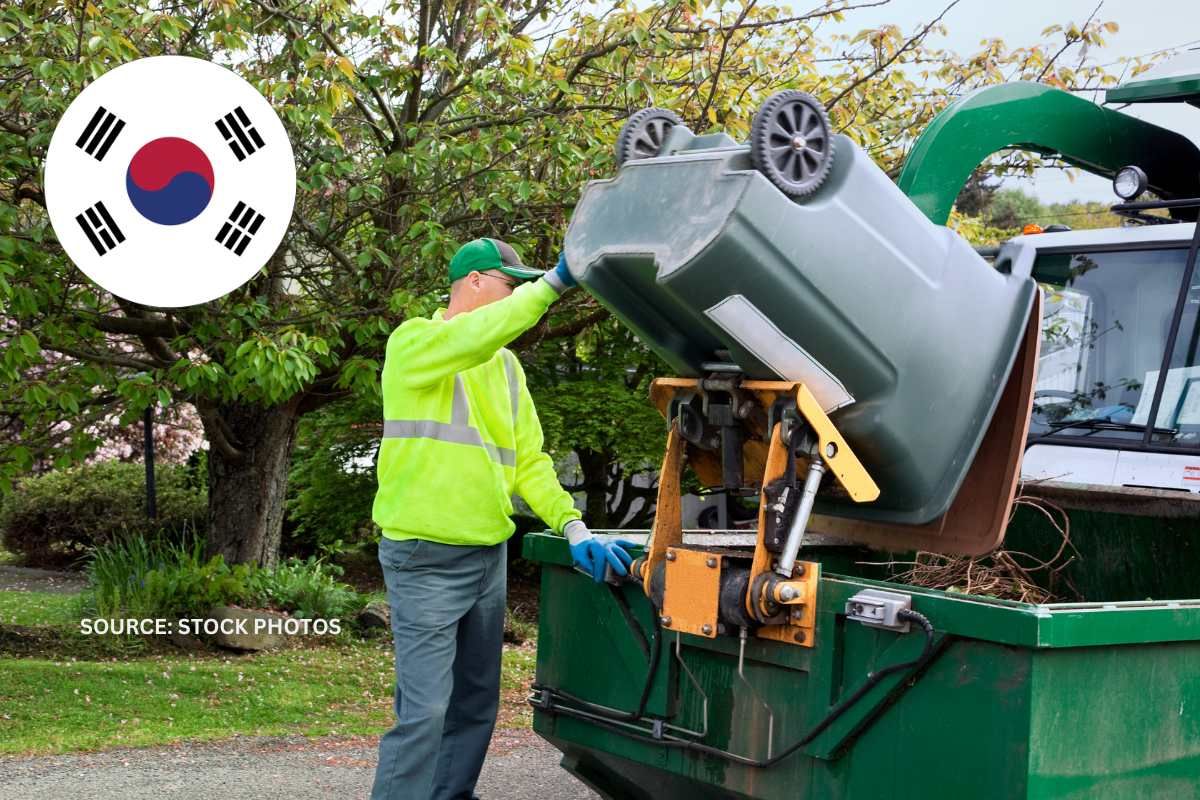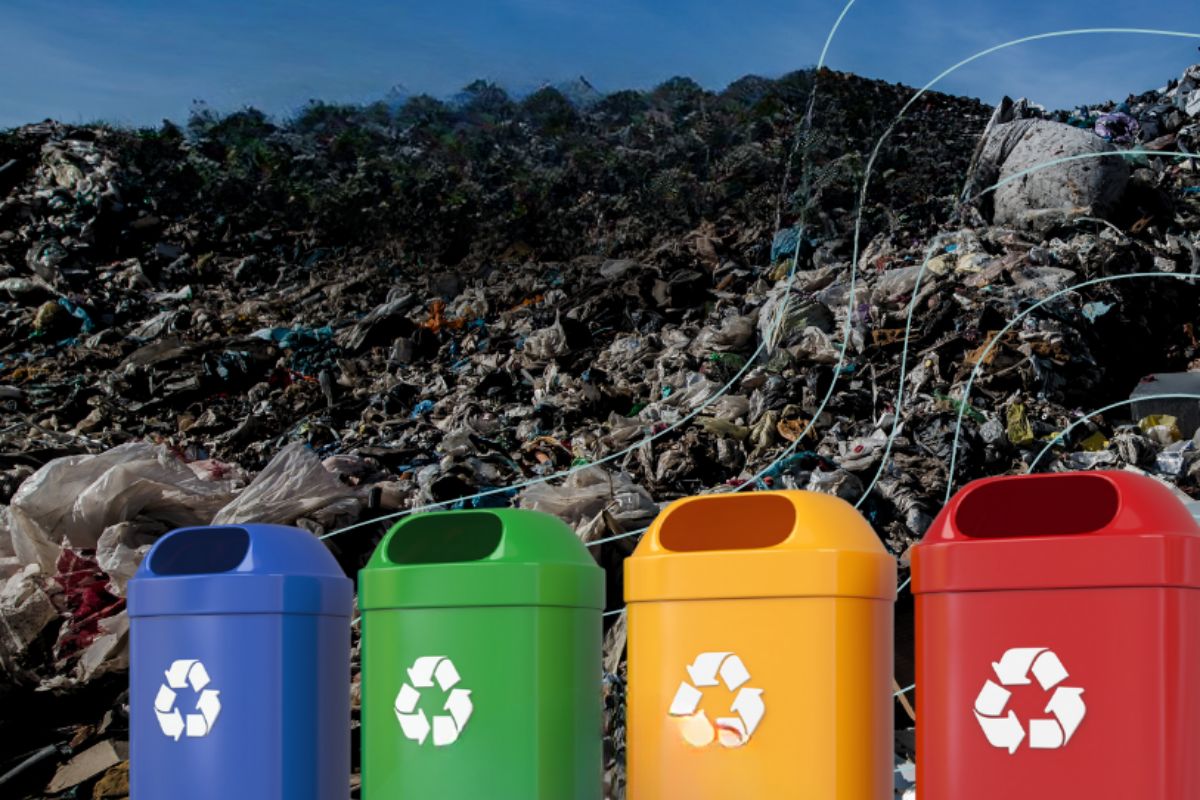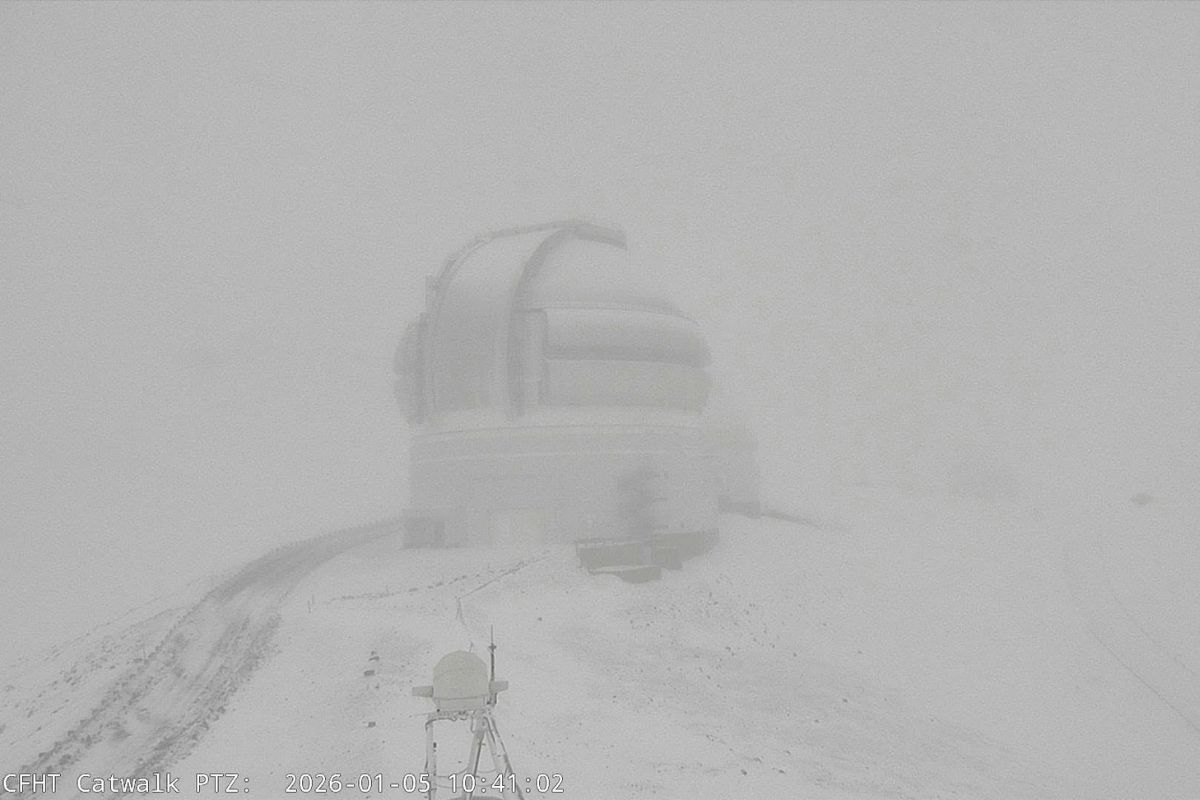The Volume-Based Waste Fee (VBWF) system was introduced by the Korean government in 1995. This was done in an effort to minimize waste generation at the source and increase waste recycling. In Korea, the local municipal authorities are responsible for gathering, recycling, and treating municipal solid waste from households, small businesses, and commercial sectors.
Read more: Analyzing the success of the volume-based waste fee system in South Korea – ScienceDirect
How does it work?

In the past, regardless of the amount dumped, a fixed rate for trash collection fees was assessed through property tax or a monthly cost. With the implementation of the VBWF System, families and small-scale commercial sectors are now necessitated to purchase specific bags in order to dispose of their trash. As a result, waste collection fees are now proportional to the volume of trash that is disposed of.
The VBWF system’s primary goals are to reduce waste production at the source. And, this is being done by imposing waste treatment costs on polluters based on the amount of garbage they generate. In addition, by providing free collection of recyclable wastes.
Read more: 환경_9_Volume Based Waste Fee (VBMF) System for Municipal Solid Waste_0.pdf
Seoul Effect
The volume-based price structure immediately had a negative impact on waste generation and a positive impact on recycling. Hence, the method alone lowered Seoul’s garbage production by 8% in its first year. The volume-based tax structure in Seoul also promoted recycling because recyclable waste disposal remained free of charge.
Recycling rates in the city increased by more than 30%. In recent years, approximately 70% of household general waste has been recycled. With the remaining 40% going to facilities for resource recovery and fewer than 10% to landfills.
The introduction of the weight-based disposal fee system for food waste brought a 7.3% decrease in the first year. To date, the 14% reduction in household food waste is estimated to have saved 12 billion Korean won in processing costs.
Read more: Using a Fee-Based System to Reduce Waste | Development Asia
Conclusion
The local residents’ group selects sites for waste collection and promotes the system. In addition, the local government collects and transports waste and imposes a waste fee. The local community can get involved in the activity. The general public has a better incentive to generate less waste because waste treatment costs are proportional to the amount disposed of.
VBWF encourages the public to be more active in waste separation and recycling by providing a free collection mechanism for recyclable waste.
Also Read
- What is a Zero Waste Lifestyle?
- 107.45 tonnes of waste dumped in landfills daily in Nagaland
- Fuel from ramen broth, Japan’s food waste solution
- Don’t let Tennis Balls be another landfill waste
Follow Ground Report for Climate Change and Under-Reported issues in India. Connect with us on Facebook, Twitter, Koo App, Instagram, Whatsapp, and YouTube. Write us at GReport2018@gmail.com.








